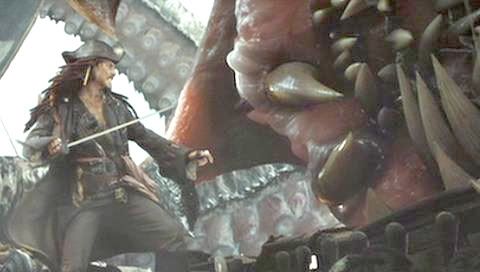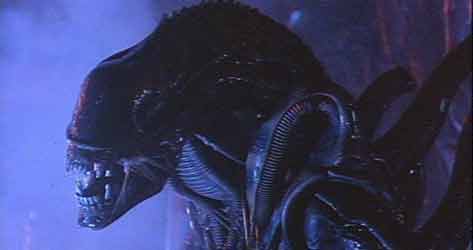Untraceable, starring Diane Lane, is a film mired in poor storytelling, although it's hard to tell whether the fault lies with the director or the screenwriter. A cyber-savvy killer has created an internet site to facilitate death for his victims in proportion to the number of people who visit the site. Lane stars as Agent Marsh, a cyber-crimes expert for the FBI, who is the head investigator for the case. I would describe it as Silence of the Lambs meets Saw, if that weren't far too glowing of a recommendation for the predictable fare forced on the audience by Director Gregory Hoblit.
Clunky, forced exposition weigh the movie down from the very beginning resulting in superfluous scenes that virtually stop the movie in its tracks. One such scene consists of Agent Marsh (Lane) using her OnStar console for the sole purpose of complaining that she is stuck behind an accident. This wholly unnecessary scene doesn't pay off until the final few minutes of the film, when the killer hijacks her car's computer and begins his final ambush. I don't give movie-going audiences much credit, especially when movies like 300 Spartans are number 1 at the box office, but I don't think the acceptance of OnStar in an FBI Agent's car would have been difficult for anyone without the spoon-feeding of information in this earlier scene. Missteps like these abound throughout the film.
Furthermore, Hoblit's shoddy camera work distracts from nearly every scene. One notable scene, which should have been the emotional climax of Lane's character, in which she has a breakdown in the shower was almost indecipherable to viewers because the camera hovered somewhere near the ceiling and left the subject in the corner of the frame, out of focus. It seems like a waste of a talented actress to relegate her to a blurry flesh-colored mass in the corner of the screen. It is clear, throughout the film, that Hoblit's is more concerned with originality than conveyance of plot or emotion.
With all that said, I feel compelled to mention that the film has a brilliant premise with dozens of opportunities for social commentary on the voyeuristic aspects of the contemporary world. Plus, it features some really interesting death scenes. (You know, if you're into that sort of thing.) Unfortunately, the script's logic, or lack thereof, doesn't support the basic premise. It's like a one-trick pony and 3/4 of the trick happens backstage. It would be interesting to see what a director like Wes Craven, someone who understands the importance of atmosphere and who gives their audience just a little bit of credit, could have done with this idea. Unfortunately, in the hands of Hoblit, it just can't be called a success.

 2. The Monster from Cloverfield (2008) - directed by Matt Reeves
2. The Monster from Cloverfield (2008) - directed by Matt Reeves 3. The Ants from Them (1954) - directed by Gordon Douglas
3. The Ants from Them (1954) - directed by Gordon Douglas 4. Jabba the Hutt from Star Wars (1977) - directed by George Lucas
4. Jabba the Hutt from Star Wars (1977) - directed by George Lucas
 6. Godzilla (1954) - directed by Ishiro Honda
6. Godzilla (1954) - directed by Ishiro Honda 7. Kraken from Pirates of the Caribbean: Dead Man's Chest (2006) - directed by Gore Verbinski
7. Kraken from Pirates of the Caribbean: Dead Man's Chest (2006) - directed by Gore Verbinski 8. Alien (1979) - directed by Ridley Scott
8. Alien (1979) - directed by Ridley Scott 9. Bugs from The Mist (2007) - directed by Frank Darabont
9. Bugs from The Mist (2007) - directed by Frank Darabont 10. Tyrannosaurus Rex from Jurassic Park (1993) - directed by Steven Spielberg
10. Tyrannosaurus Rex from Jurassic Park (1993) - directed by Steven Spielberg




